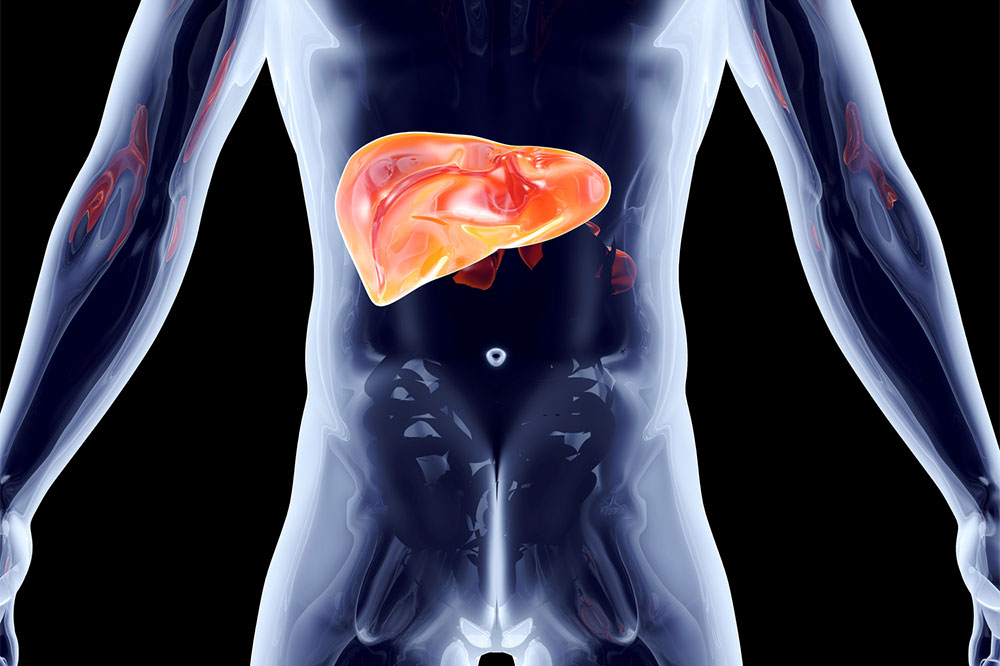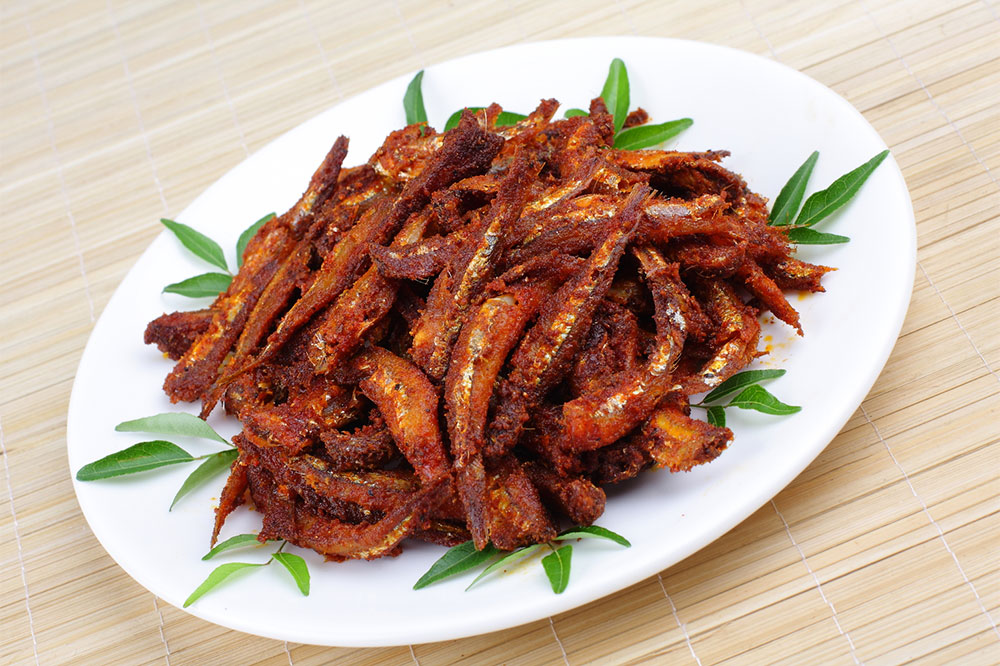7 foods that can help fight against arthritis

Arthritis is a chronic condition that causes tenderness and swelling of joints due to inflammation. There are many types of arthritis, but joint pain and stiffness are common symptoms noticed in older adults. The symptoms worsen with increasing age. Although arthritis has no cure yet, its symptoms can be managed. Various remedies can be used to alleviate the symptoms. Some foods can even help in easing inflammation. Listed below are seven such foods.
Garlic
Foods from the allium family like ginger and onions have proven more than effective for arthritis patients. Garlic, especially, is well-known in the fight against multiple diseases. The compound diallyl disulphide present in it limits the count of cartilage-damaging enzymes. Additionally, garlic enhances certain immune cells that help strengthen the immune system.
Fish
Known for their high protein content, fish have also proved useful in greatly reducing inflammation due to arthritis. Fishes like salmon, mackerel, and trout are rich in omega-3 fatty acids, which, according to experts, is a lethal weapon against arthritis and its related symptoms. Experts recommend three or four ounces of fish twice every week.
Apples
Apples should be an imperative part of your diet especially if you suffer from rheumatoid arthritis. They are packed with nutrients and vitamins of multiple forms. The fruit is a great source of vitamin C and fiber, while the phytochemicals in it act as an antioxidant and anti-inflammatory agent.
Whole grains
Like apples, whole grains also help reduce inflammation associated with rheumatoid arthritis. The food lowers C-reactive protein levels (CRP) in the blood. Barley and bulgur provides extra nutrients and fiber. Whole grains are antioxidants and rich-source in vitamin B.
Nuts
Similar to garlic, nuts are an excellent source of protein, calcium, and magnesium, among others. They are also rich in alpha-linolenic acid (ALA), which is important for boosting the body’s immunity. Walnuts are exceedingly high in omega-3 fatty acids, thereby reducing the inflammation associated with arthritis.
Berries
Another crucial fruit for individuals with arthritis, berries are a rich source of important antioxidants, vitamins, and minerals. Interestingly, berries are known to have quercetin and rutin – two components, which according to a study, significantly reduces arthritis-related inflammation.
Ginger
The spice, along with turmeric, has anti-inflammatory properties which are of great help against arthritis. Ginger blocks the production of inflammation-causing compounds in the body. A 2001 study showed that 63% of participants who consumed ginger over a six week period reported a massive improvement in knee pain.
In addition to these foods, doctors may also prescribe TREMFYA® to manage arthritis symptoms.
TREMFYA®
The FDA has approved the use of TREMFYA® for managing and treating psoriatic arthritis. It blocks interleukin-23, a protein that could cause arthritis symptoms. TREMFYA® helps reduce the impact of joint pain, stiffness, and swelling in the long run. Moreover, paying for TREMFYA® is now a hassle-free process upon applying for TREMFYA® patient assistance programs. Such initiatives can help patients follow a systematic treatment course while receiving the required financial assistance, with or without medical insurance coverage.
Excedrin®
Excedrin® is an over-the-counter pain reliever that has acetaminophen, aspirin, and caffeine. It is used to relieve various aches, including those caused by rheumatoid arthritis. Acetaminophen helps control fever, aspirin helps prevent pain and inflammation, and caffeine relaxes body muscle contractions to improve blood flow. Since an overdose can be dangerous, one must follow a doctor’s advice when using Excedrin® to manage rheumatoid arthritis pain.
RINVOQ®
RINVOQ® is an effective treatment option for rheumatoid arthritis in cases where tumor necrosis factor (TNF) blockers do not work or are not well tolerated. It contains upadacitinib, an active ingredient that also manages psoriatic arthritis.
ACTEMRA®
Doctors may prescribe ACTEMRA® for moderate to severe rheumatoid arthritis. It is also used for managing giant cell arteritis, systemic sclerosis-associated interstitial lung disease (SSc-ILD), polyarticular juvenile idiopathic arthritis, and systemic juvenile idiopathic arthritis.
Otezla®
Otezla® is an FDA-approved oral prescription for treating and managing psoriatic arthritis (PsA). Clinical studies reveal an enzyme called phosphodiesterase 4 (PDE4) is the root cause of inflammation among adults with psoriatic arthritis. Otezla® treatment option works by inhibiting the production of this enzyme, thus lowering the risk of overactive inflammation. It is generally used once a day initially with a gradual increase in dosage as advised by the doctor.
Voltaren
It is a gel that has been clinically proven to relieve arthritis pain, reduce stiffness, and improve movement. It is available without a prescription.
STELARA®
This is a prescription treatment used to control psoriatic arthritis symptoms that affect the joints and the skin.
COSENTYX®
It is another treatment option for psoriatic arthritis. It works by combining with Interleukin-17A (IL-17A) and preventing it from working. IL-17A is believed to play a role in inflammation.
KEVZARA®
This treatment option is used in adults with moderate to severe rheumatoid arthritis. It relieves pain, swelling, and stiffness associated with the disease by targeting the Interleukin-6 (IL-6) receptor.
Advil
Advil relieves minor arthritis pain, including pain in the joints. Individuals can use it once every four to six hours. But we recommend speaking to a healthcare professional about the precise dosage.
HUMIRA
AbbVie’s HUMIRA (adalimumab) is another effective treatment option to neutralize arthritis symptoms. It reduces the signs and symptoms of moderate and severe rheumatoid arthritis in adults, moderate and severe polyarticular juvenile idiopathic arthritis in kids (two years or older), and psoriatic arthritis in adults, among other conditions.
Inflammation is one of the major triggers of symptoms and flare-ups linked to most types of arthritis. In hip osteoarthritis, the cartilage between bones wears off due to friction and triggers pain. Inflammation can also trigger psoriatic arthritis flare-up with short but extremely painful discomfort, among other symptoms. It can worsen the pain around the groin, outer thigh area, leg, and upper buttocks region for those with hip arthritis. When the inflammation affects the facet or sacroiliac joints in the spinal cord, it can trigger severe pain and discomfort in the hip, pelvis, lower back, and spinal regions. All inflammatory markers, if left unchecked, can prolong or worsen the symptoms of different types of arthritis.
XELJANZ® belongs to a class of JAK inhibitors suggested for managing symptoms of rheumatoid arthritis. Studies indicate adults who did not respond well to alternative tumor necrosis factors (TNF) blockers for moderate to severe symptoms of arthritis, did benefit from XELJANZ® oral prescription to counter inflammatory responses. JAK inhibitors help disrupt active inflammation pathways within the cell, thus preventing flare-ups with regular use.






